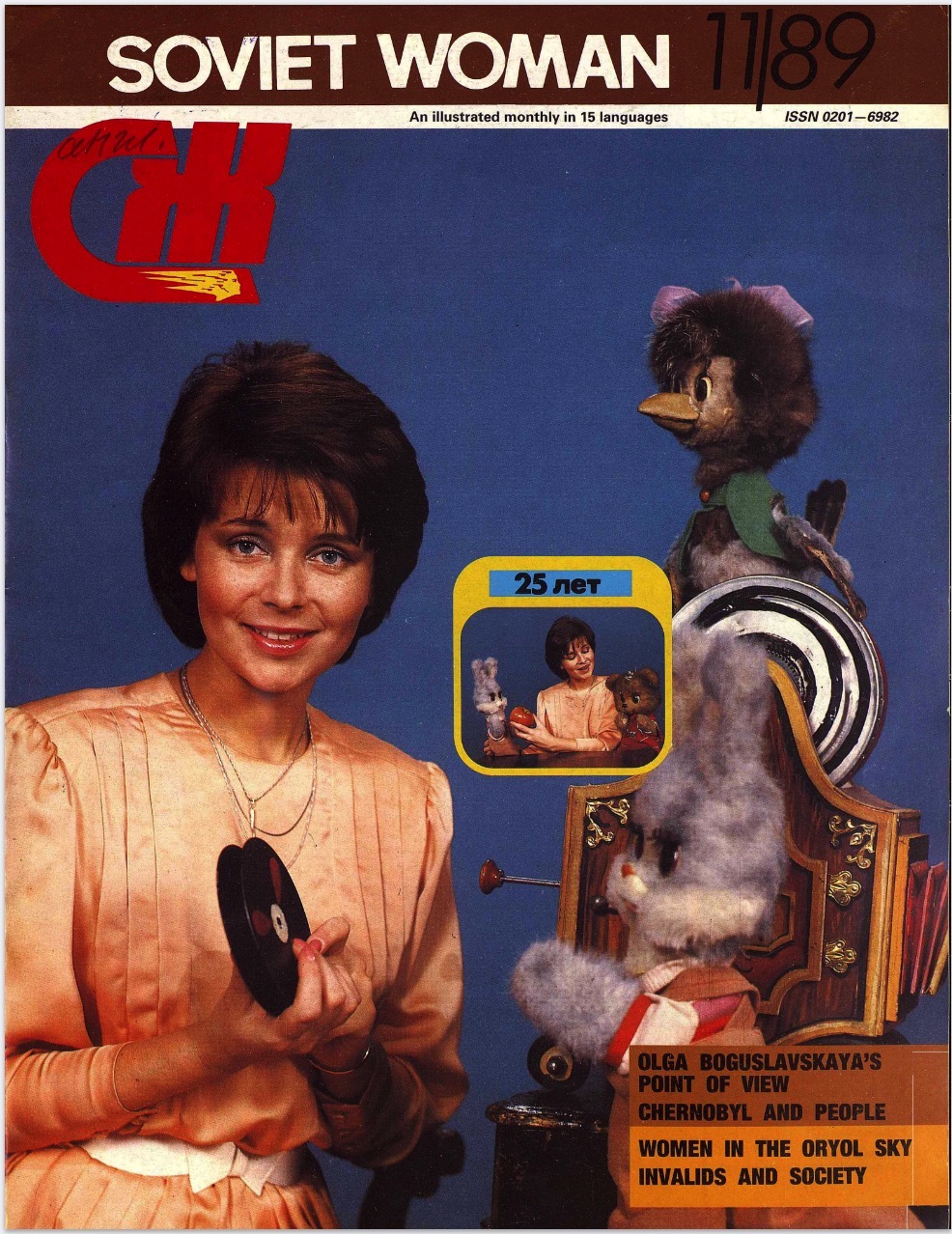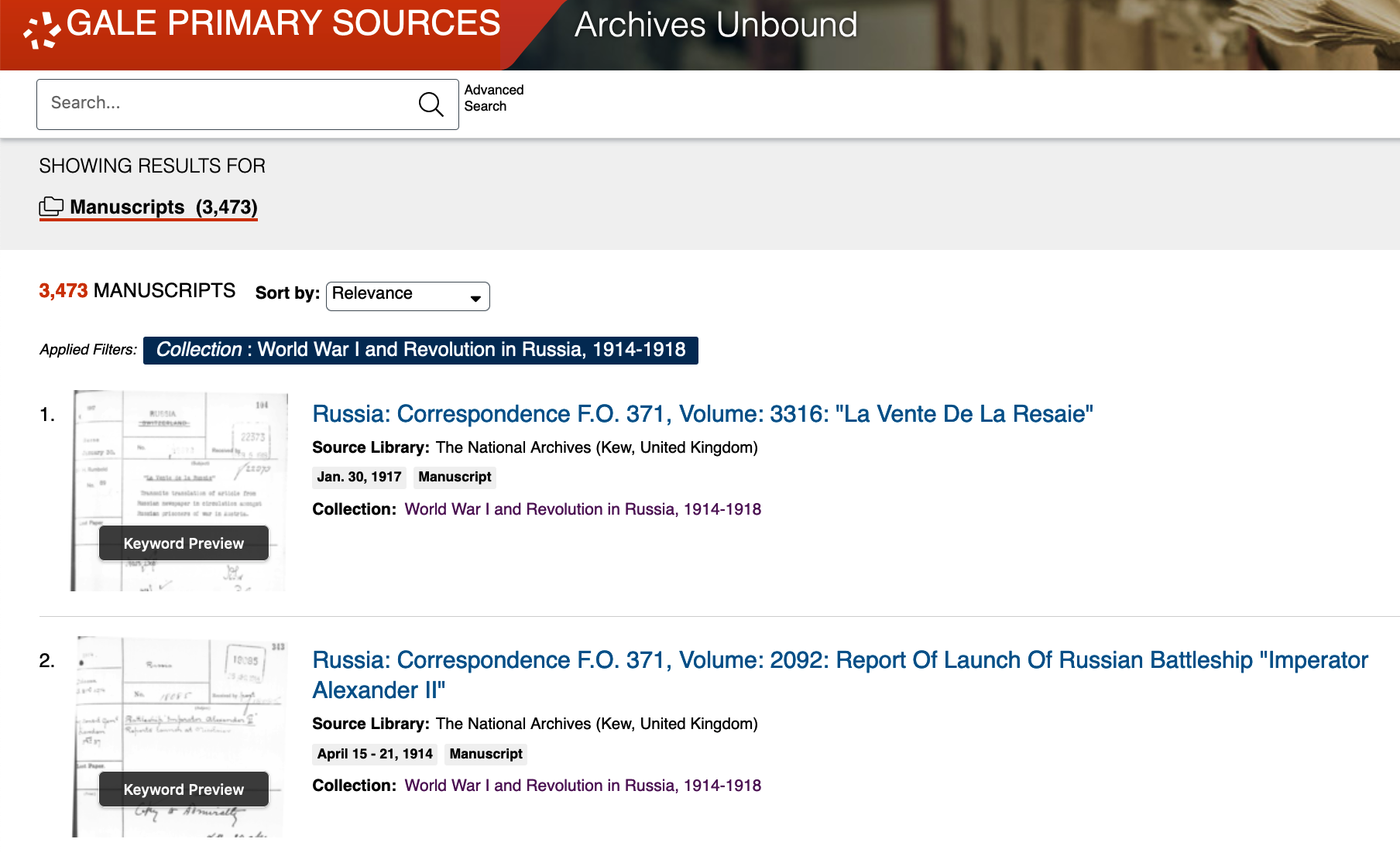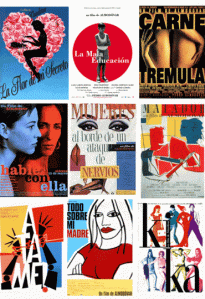We are pleased to announce access to six major eresources which are useful for 20th century historians. They cover key historical events in British, European and world history and contain a great range of sources, from newspapers, government and diplomatic documents, maps, to digitised newsreels. Most resources are strong in international relations and political and diplomatic history, while two resources (Soviet Women, World Newsreels Online) also have a social, gender and cultural aspect, to varying degrees.
Oxford researchers, you can also access these resources remotely with your SSO.
The British Union of Fascists: Newspapers and Secret Files, 1933-1951

Homepage of
The British Union of Fascists: Newspapers and Secret Files, 1933-1951, British Online Archives
Part of British Online Archives’ Politics and Protest series, the resources contained within this collection chart the rise and fall of fascism in Britain during the 1930s and 1940s, with a particular focus on Oswald Mosley’s blackshirt movement.
The bulk of the documents are official BUF publications, including Fascist Week¸ The Blackshirt, The East London Pioneer, and Action. In addition, there are hundreds of government documents relating to Mosley’s internment under Defence Regulation 18B during the Second World War. Geographical coverage includes Great Britain and the United States.
The series covered include: CAB 127 (Cabinet Office: Private Collections of Ministers’ and Officials’ Papers); HO 45 (Home Office: Registered Papers); HO 262 (Ministry of Information: Home Intelligence Division Files); HO 283 (Home Office: Defence Regulation 18B, Advisory Committee Papers); KV 2 (The Security Service: Personal Files); PCOM 9 (Prison Commission and Home Office, Prison Department: Registered Papers: Series 2); and PREM 4 (Prime Minister’s Office: Confidential correspondence and papers).
The Middle East Online Series 2 – Iraq 1914-1974 (Archives Unbound)
Drawing on the collections from the National Archives at Kew, UK, these documents cover the political and administrative history of the modern state which has emerged from the ancient civilization of Mesopotamia.
Like Series 1 (Middle East Online: Arab-Israeli Relations, 1917-1970), this database offers conference reports, ministerial memos and diplomatic dispatches, as well as official letters of correspondence from regional leaders, press releases and arms deal reports. This collection will also appeal to those with an interest in economics, politics and peace studies.
Series 2 on Iraq covers these events:
- The war in Mesopotamia and the capture of Baghdad in 1917
- Introduction of the British Mandate and the installation of King Faisal in 1921
- Independence and Iraq’s membership in the League of Nations in 1932
- Coups d’état in the 1930s and 1940s
- The Baghdad pact of 1955 and the military coup of 1958 leading to the establishment of a republic
- Oil concessions and the threat to Kuwait
- The rise of Ba’athism and Saddam Hussein
- The USSR-Iraq Treaty of Friendship in 1972
- Iran-Iraq relations
The vast majority of the almost 5,000 documents are in English with c 100 in Arabic and c 160 in French.
Northern Ireland: A Divided Community, 1921-1972 Cabinet Papers of the Stormont Administration (Archives Unbound)
The history of Ireland in the twentieth century was dominated by the political and sectarian divide between the north and the south, leading to sustaining armed violence over several decades. 2021 markes the centenary of the creation of Northern Ireland in May 1921.
This resource provides access to Government documents of the British administration in Northern Ireland 1921-72 (CAB/4) offer what have been described as the best continuous record of government activity and decision-making in the world, and shows “how government actually worked”. The papers are a complete digital facsimile of the Cabinet Conclusion files of the Northern Ireland Government, filed as CAB/4 at the Public Record Office of Northern Ireland (PRONI). These CAB/4 files contain a full record of every debate and transaction for the entire duration of the Stormont administration, the devolved government of Northern Ireland. Separate files exist for each Cabinet Meeting and include minutes and memoranda. The discussions and decisions reflect the wide range of problems and activities involved in making the new administration work.
Topics debated and reported in just one sample year of the Troubles (1970) include: policing, arms and explosives, social need, prevention of incitement to religious hatred, army occupation of factories, road spiking, routing of Orange Day parades, dock strikes, law and order, riots, and the roles of the Ulster Defence Regiment (UDR) and the Royal Ulster Constabulary (RUC).
Paris Peace Conference and Beyond, 1919-1939

From left to right: Marshal Foch, George Clemenceau (French PM), David Lloyd George (British PM), Vittorio Orlando, (Italian PM), from Paris Peace Conference and Beyond, 1919-1939, homepage, British Online Archives (accessed 9 Aug 2021)
Drawn chiefly from the UK National Archives, including selected FO 608 files, these Foreign Office records for the first time offer an emphatic and comprehensive coverage of the various peace treaties signed at the end of the First World War. The Treaties of Versailles, Saint-Germain, Sevres, Trianon, Neuilly and Lausanne are all covered in great depth. They collectively saw to the redrawing of boundaries, the stripping back of German military might and the effective end of the Ottoman Empire. These records are supplemented by the personal papers of Robert Cecil and Arthur Balfour – held at the British Library – both of whom played prominent roles during the course of the Conference.
The papers include cabinet papers, agenda, records of conversations, memoranda, dispatches, telegrams, confidential reports, maps, treaties, and selected news clippings.
This resource has a global reach. Use it to explore and learn how the Allied Powers scrambled to create a diplomatic epilogue to ‘the war to end all wars’.
Soviet Woman Digital Archive (1945-1991)
Established in the aftermath of WWII in 1945, the magazine Soviet Woman proclaimed on the cover of its first issue its fundamental mission: “A magazine devoted to social and political problems, literature and art…”
Published initially under the aegis of the Soviet Women’s Anti-Fascist Committee and the Central Council of Trade Unions of the USSR, it began as a bimonthly illustrated magazine tasked with countering anti-Soviet propaganda by introducing Western audiences to the lifestyle of Soviet women, including their role in the post-WWII rebuilding of the Soviet economy, and their achievements in the arts and the sciences. The Soviet Woman digital archive contains all obtainable published issues from the very first issue, comprising more than 500 issues and over 7,500 articles.
Over the years the magazine developed regular sections covering issues dealing with economics, politics, life abroad, life in Soviet republics, women’s fashion, as well as broader issues in culture and the arts. One of its most popular features was the translations of Soviet literary works, making available in English, (and other languages) works of Russian and Soviet writers that were previously unavailable, allowing readers worldwide a peek inside the hitherto insular Soviet literary world. An important communist propaganda outlet, the magazine continued its run until the collapse of the USSR in 1991.
World Newsreels Online: 1929–1966
In December of 1941, cinema audiences around the world—from New York to Tokyo, Amsterdam to Paris—waited expectantly for news of Pearl Harbor. This resource lets historians see what those audiences saw and more, by delivering more than 500 hours of newsreels content instantly.

“February 28, 1944.” , directed by Anonymous , Universal Pictures Company, 1944. Alexander Street, https://video.alexanderstreet.com/watch/universal-newsreels-release-272-february-28-1944.
The vast majority of newsreels come from Polygoon-Profiti and Universal Pictures Company. Footage also includes 87 documentaries and commercial announcements. About 3000 reels are in Dutch and just over 2000 are in English, with a few hundred in French and Japanese. While newsreels focus on conflict during this time, but there is also content on children, sport, culture, social life, the environment, science and technology.
Reels come with searchable transcripts, tools to share and embed elsewhere, and tools create and export citations.
World War I and Revolution in Russia, 1914-1918: Records of the British Foreign Office (Archives Unbound)
This collection documents the Russian entrance into World War I and culminates in reporting on the Revolution in Russia in 1917 and 1918. The documents consist primarily of correspondence between the British Foreign Office, various British missions and consulates in the Russian Empire and the Tsarist government and later the Provisional Government.
Drawing on the National Archives, UK, collection within Foreign Office 371: Records of General Political Correspondence – Russia, this resources gives online access to almost 3,500 documents. This collection comprises the complete contents of the former Scholarly Resources microfilm collection entitled British Foreign Office: Russia Correspondence, 1914-1918. The vast majority of documents are in English, with c 450 in French and a very small number in other European languages.












 The Directory of Audiovisual Resources has recently been updated to include the latest additions and information regarding libraries with audiovisual collections in the UK. Many thanks to Sonia Morcillo-García for creating and maintaining this very useful directory.
The Directory of Audiovisual Resources has recently been updated to include the latest additions and information regarding libraries with audiovisual collections in the UK. Many thanks to Sonia Morcillo-García for creating and maintaining this very useful directory.